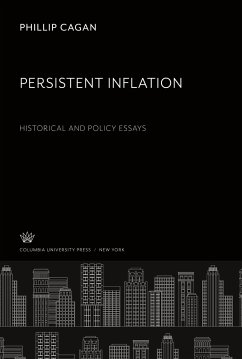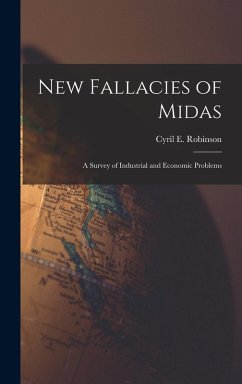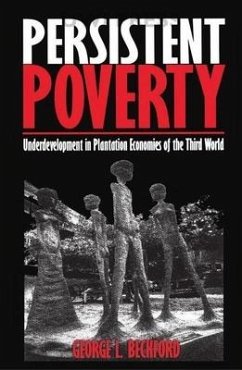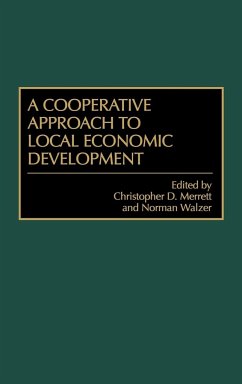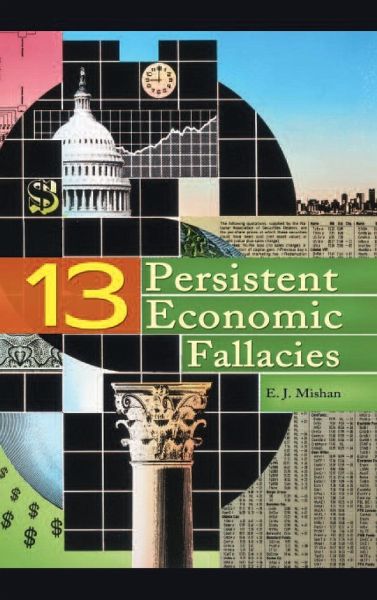
Thirteen Persistent Economic Fallacies
Versandkostenfrei!
Versandfertig in 1-2 Wochen
69,99 €
inkl. MwSt.
Weitere Ausgaben:

PAYBACK Punkte
35 °P sammeln!
E. J. Mishan, an iconoclastic economist who has taught at such schools as the London School of Economics and the New School for Social Research, is in this volume a provocateur, smashing staunchly held beliefs of the right (free trade and common markets are good for the economy), and the left (local jobs are always lost when factories close down, pay disparity between men and women signifies discrimination). He also pokes holes in the accepted wisdom held by all, arguing for example that economic growth does not necessarily improve lives. Those who believe the fallacies Mishan exposes to the l...
E. J. Mishan, an iconoclastic economist who has taught at such schools as the London School of Economics and the New School for Social Research, is in this volume a provocateur, smashing staunchly held beliefs of the right (free trade and common markets are good for the economy), and the left (local jobs are always lost when factories close down, pay disparity between men and women signifies discrimination). He also pokes holes in the accepted wisdom held by all, arguing for example that economic growth does not necessarily improve lives. Those who believe the fallacies Mishan exposes to the light of reason in this book are, however, neither ignorant nor careless. The fallacies are all plausible, and intelligent people can be forgiven for believing them. Mishan simply wants readers to see these thirteen popular, persistent fallacies for what they are: Humbug. Mishan's scintillating text is apolitical. In arguing that immigration does not benefit a country's economy, for example, he is not arguing in favor of restricting immigration. Rather, his goal is to test the assumptions behind the dearly held positions of both the left and the right or to expose what he calls the breathtaking fatuity that counts as wisdom these days. Mishan wants to interject common sense and logic into today's debates over the economy and, especially, the political arguments that translate into legislation that has a negative impact on people. Mishan's ideas breathe new life into debates gone stale by ideology. As he notes, the fallacies in this volume travel in the highest circles, from debates in Congress to the pages of the Wall Street Journal, Time, and The Economist. Most are things everybody knows. He hopes, therefore, to expose the concerned citizen to the shock-treatment of discovering that much of what passes for conventional economic wisdom is in fact fallacious. As the Economist pointed out in its glowing review of the first edition of this book, Dr. Mishan has written the perfect book for anyone wishing to start the study of economics.







